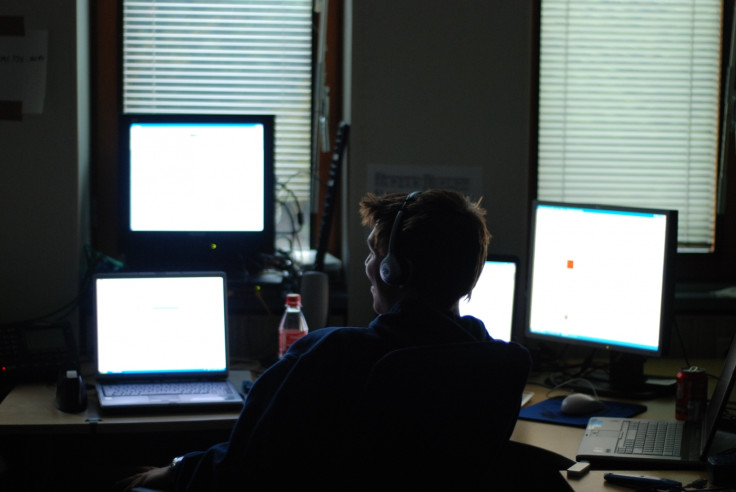Spending too much time in dimly lit rooms may damage your brain's ability learn
New research reveals how exposure to dim light over long periods can alter the structure of the brain.

If you spend too much time in dimly lit rooms, you may be altering your brain's structure and damaging your ability to remember and learn, according to the findings of an intriguing new study.
The research, conducted by scientists from Michigan State University, is the first to show that changes in environmental light can lead to structural differences in the brain. It is estimated that both Brits and Americans spend more than 90% of their time indoors on average.
For the study, the team exposed two groups of rats to either dim or bright lights for four weeks. The researchers found that the rodents that had been exposed to dim light lost around 30% capacity of their hippocampus – a region of the brain that is involved in learning and memory. These rats also performed poorly on a task testing their spatial awareness, which they had previously been trained to complete.
In contrast, the rats exposed to bright light, improved significantly on the spatial task. Furthermore, the rats that had been exposed to dim lights were then given a month-long break from experiments, before being placed in a brightly illuminated environment for four weeks. Not only did their brain capacity recover fully, they were also able to perform the spatial challenge as before.
"When we exposed the rats to dim light, mimicking the cloudy days of Midwestern winters or typical indoor lighting, the animals showed impairments in spatial learning," said Antonio Nunez, a co-author of the study. "This is similar to when people can't find their way back to their cars in a busy parking lot after spending a few hours in a shopping mall or movie theatre."
The researchers say a lack of bright light led to reductions in a substance which helps maintain healthy connections in the hippocampus and other regions of the brain.
"Since there are fewer connections being made, this results in diminished learning and memory performance is dependent upon the hippocampus," said Joel Soler, lead author of the study. "In other words, dim lights are producing dimwits."
The new research published in the journal Hippocampus, could have implications for elderly people or those with cognitive impairments.





















